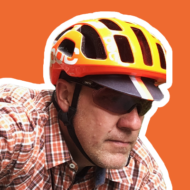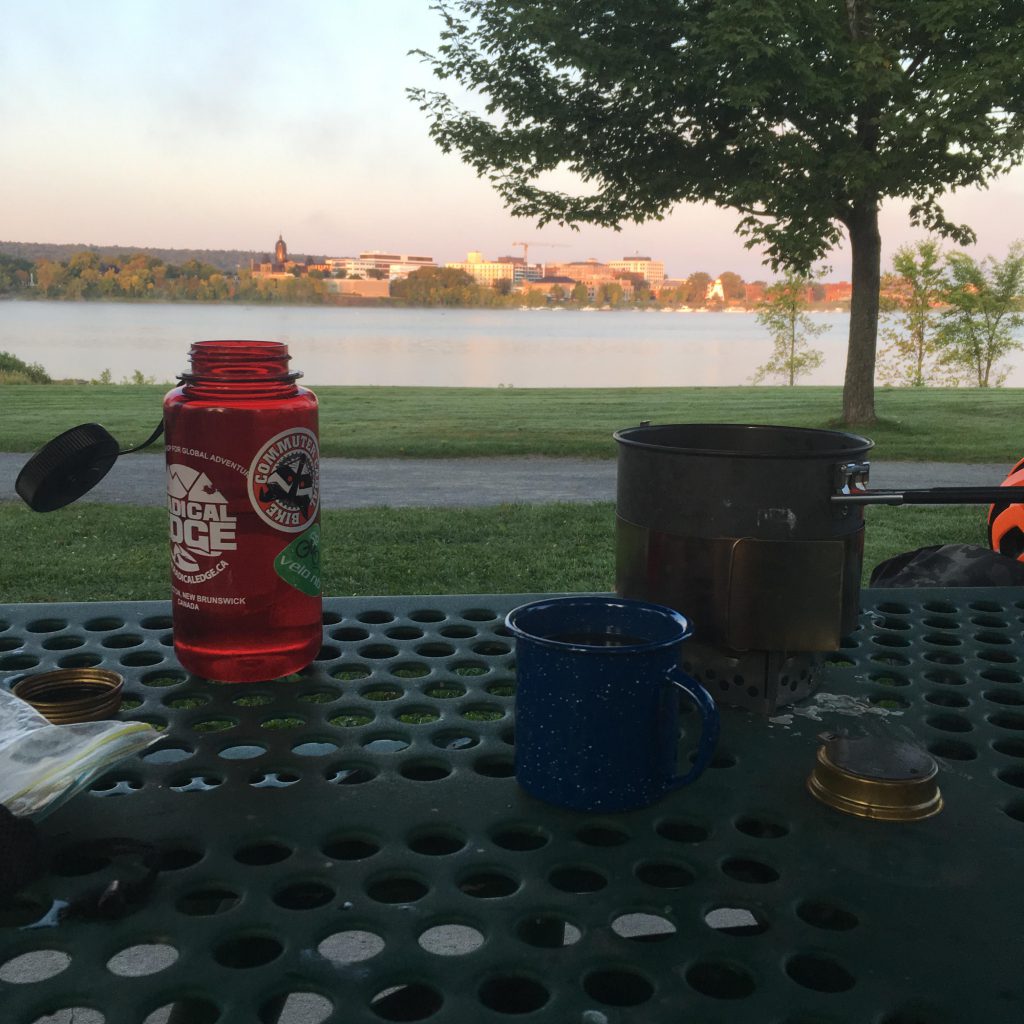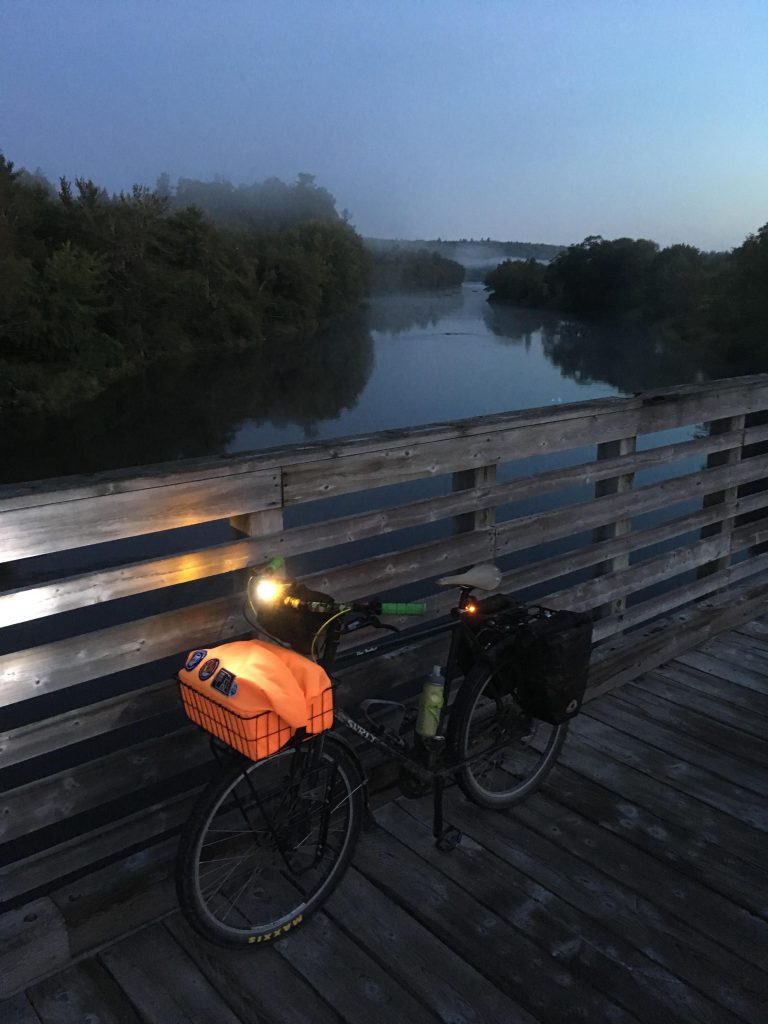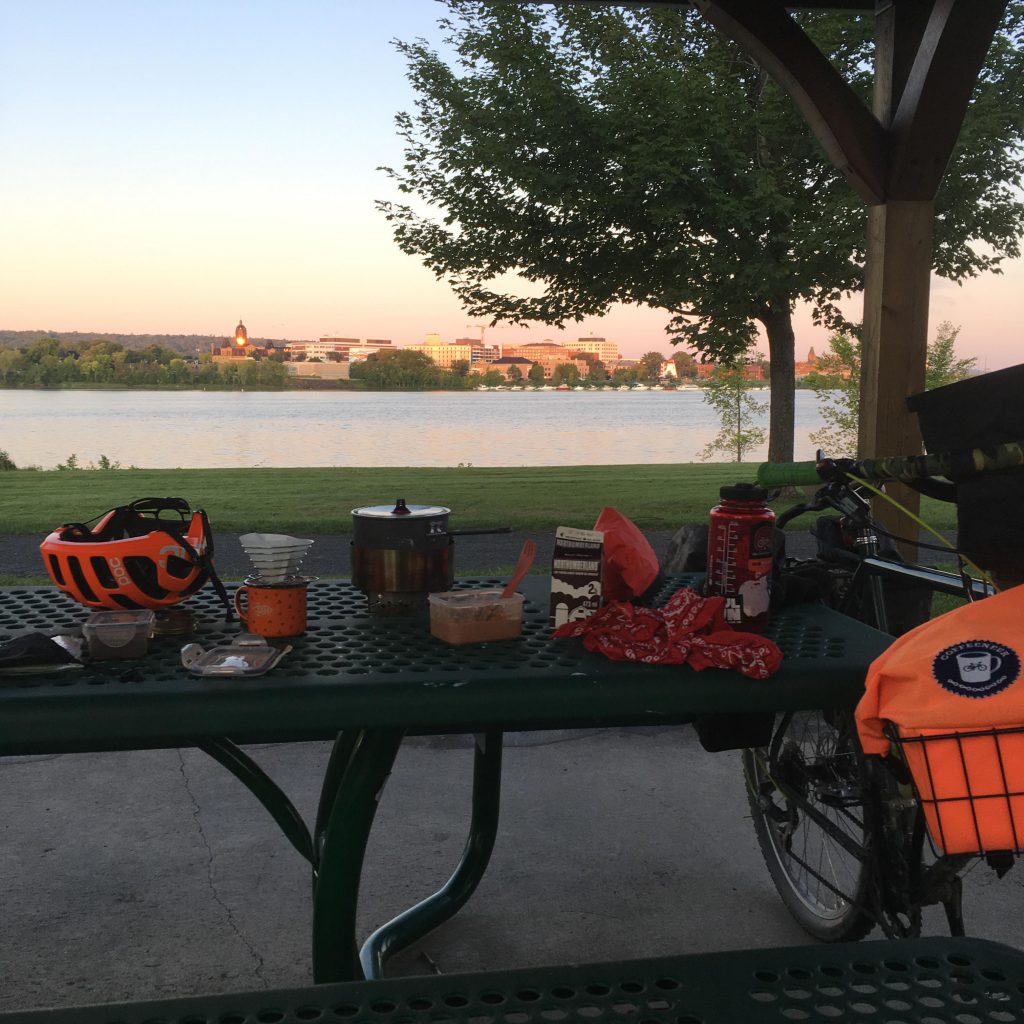The TLDR: We should all be reading more fiction.
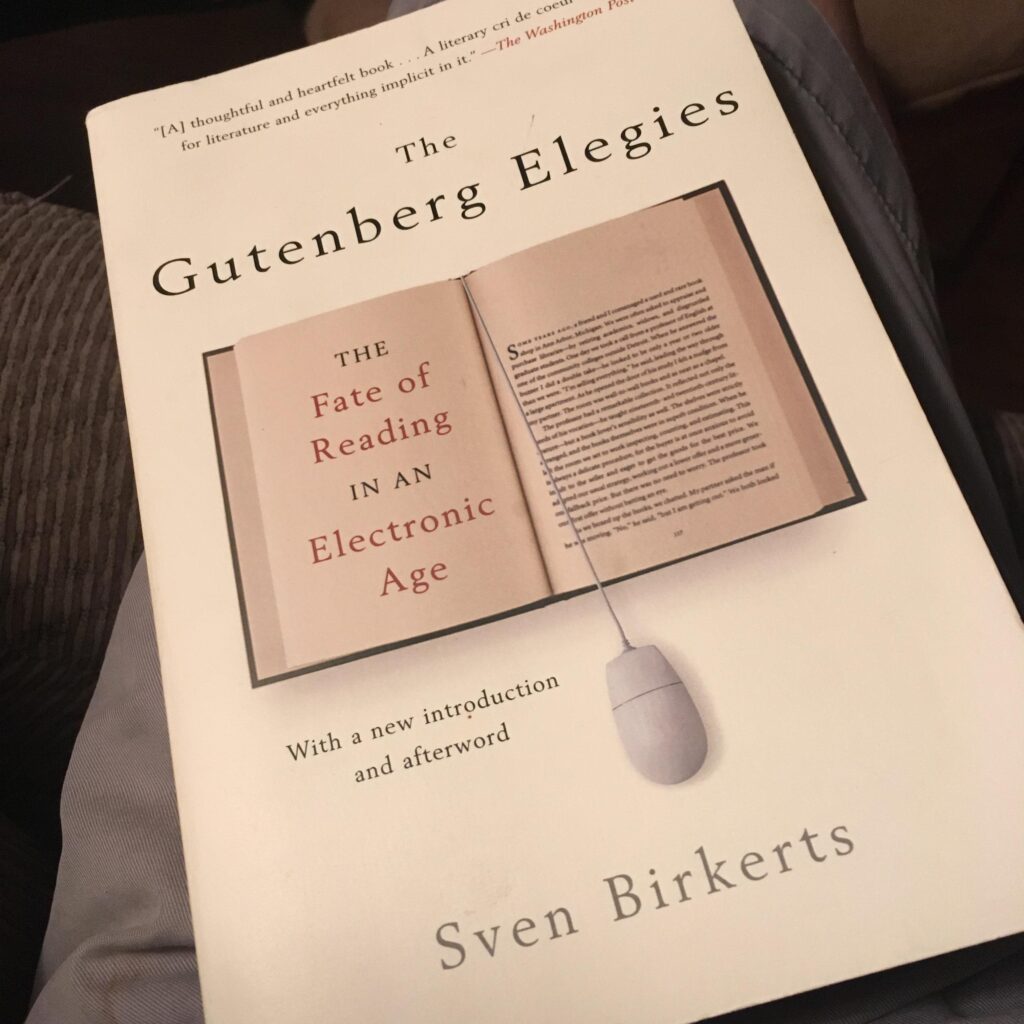
I first came across this book by Sven Birkerts via a review and mentioned it a few months back. I finally finished up reading it this past weekend and it’s a winner.
Originally published in 1996, some of the references to tech are obviously a bit dated, but Birkerts makes interesting and compelling observations that are still resoundingly relevant today. I had to remind myself writing that now, over 20 years later, seems startlingly prescient, at the time must have had people calling him reactionary or melodramatic.
Interesting as well were the new forward and afterword added with the 2006 edition. Birkerts is able to reflect on the state of things since his book’s initial publication 10 years before. Of pertinent note to me was the fact that he now has children and is trying to navigate the world of parenting within the context of radical shifts in society and culture – something I too continue to struggle with.
Here’s some sections that I highlighted for their particular resonance with me:
“The primary human relations—to space, time, nature, and to other people—have been subjected to a warping pressure that is something new under the sun.” (Referring to the advent of online technology and the Internet.)
“We have been stripped not only of familiar habits and ways, but of familiar points of moral and psychological reference. Looking out at our society, we see no real leaders, no larger figures of wisdom. Not a brave new world at all, but a fearful one.”
“[The thing that George taught me…] was that knowledge was less a means to an end than a matter of self-cultivation, a way of transforming the experience of the daily. To be curious, to study, to find out – this was the path to the world. Knowledge exposed connections, imparted significance to the incidental.”
“Reading argues for a larger conception of the meaningful, and its implicit injunction (seldom heeded even by readers) is that we change our lives, that we strive to live them in the light of meaning.”
“What reading does, ultimately, is keep alive the dangerous and exhilarating idea that life is not a sequence of lived moments, but a destiny.”
“We do not learn so much from the novel itself, the lessons of its situations, as we do from having strayed free of our customary boundaries. On return, those boundaries seem more articulated, more our own; we understand their degree of permeability, and this is a vital kind of knowing.”
“The books that matter to me—and they are books of all descriptions—are those that galvanize something inside me. I read books to read myself.”
“Every true reader, then, is a writer and every true writer is a reader, and every person engaged in the project of self-awareness is the reader and writer of himself. Writer and reader: They are the recto and verso of language, which is itself the medium of our deeper awareness.”
In the humanities, knowledge is a means, yes, but it is a means less to instrumental application than to something more nebulous: understanding. […] The data—the facts, connections, the texts themselves—matter insofar as they help us to deepen and extend that narrative. In these disciplines, the process of study may be as vital to the understanding as are the materials studied.”
“Prophets and promoters have long promised that technology would set us free, creating vast quantities of leisure time; the fantasy has backfired. Instead we have swelling pockets of empty time; our lifestyles have us in harness, we are unable to move, spiritually gridlocked.”
“When we read with our eyes, we hear the words in the theater of our auditory awareness. The voice we conjure up is our own—it is the sound-print of the self.”
“I fall back on what is finally an unverifiable impression – that for all of our supposed riches, our culture feels impoverished; it lacks the kinds of animation that regular exposure to ideas and works of imagination supplies; and it is without an affirmative circulation of mental and spiritual energies.”
“Isn’t this the crux of it all? That the whole question of intellectual an artistic mattering has far less to do with the quantitative availability of ideas and expressions, and much more with their impact upon the individual and, through him, the society? That what matters is not the sound but the resonance of the sound?”
“Our lives are busy, distracted, multitracked, stressed. We may have altered our cognitive apparatus—speeding up, learning to deal with complex assaults of stimuli—in such a way that we can no longer take in the world as it was meant to be taken in. The price of retooling for the electronic millennium is a sacrifice of the incompatible aptitudes required for reading and meditative introspection. […] That we live all day among buttons and signals instead of tools and materials has not brought us appreciably closer to the interior. It has, if anything, made us less available to the kinds of self-inspection that enlightened living would demand.”
“There will be people who will never in their lives have the experience that was, until our time, the norm—who will never stand in isolated silence among trees and stones, out of shouting distance of any other person, with no communication implement, forced to confront the slow, grainy momentum of time passing.”
If you’ve read this far, kudos. I think I’ve gone well beyond a lot of people’s attention spans and/or patience at this point.
One of the ‘blurbs’ on the book cover of this edition from The New Yorker reads: “Birkerts on reading fiction is like M.F.K. Fisher on eating or Norman Maclean on fly casting. He makes you want to go do it.”
This was certainly the case with me. I have been reading a ton of non-fiction in the past year or two, under the auspices that it was ‘good for me’, often reading books that were an absolute chore to get through. Probably not so much a condemnation of their authors or the subject matter, but more that I was ‘punching above my weight’ trying to stretch my brain. Reading Birkerts on reading was so compelling that half way through his book, I abandoned it and read two works of fiction before returning to finish it just recently. This is not to say I will no longer be reading non-fiction, but Birkerts’ writing has brought me back round to the notion that I should be reading more fiction and literature – including poetry – than I have been.
